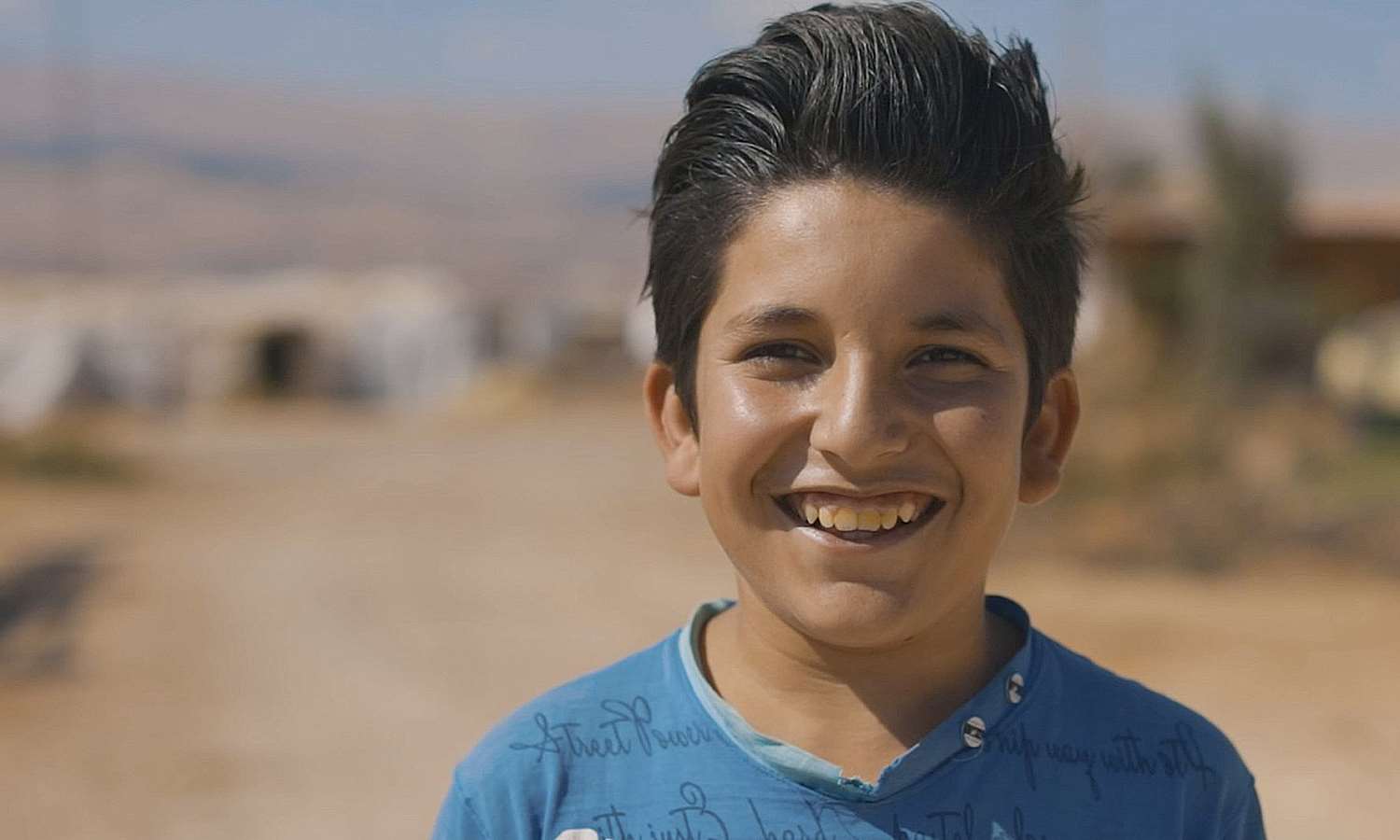Defending the Right to Learn
Fadi (12) was forced to flee the war in Syria when his hometown was bombed by armed forces. He now lives in Lebanon - where thousands of refugee children are denied access to quality education. Yet Fadi’s determined to defy the odds with the support of our Shield project…

More than 630,000 Syrian children now live as refugees in Lebanon - the majority of whom face significant barriers to accessing education. Despite a national campaign by the Ministry of Education to turn this situation around, more half than half of school-aged Syrian children are denied their right to learn. This is representative of the mounting challenges that Lebanon faces - a country home to the highest number of refugees per capita in the world.
Fadi is just one of thousands of displaced Syrian children inside Lebanon. He was forced to flee - together with his family - when his hometown was bombed by government forces. Like many others, Fadi has missed vital years of schooling - and so lacks the minimum literacy and numeracy skills to enter the formal education system. Yet Fadi had his own career ambitions in mind - and the day he signed up for the Shield project those ideas came to life…
How Shield Works
War Child is working in partnership with local organisations and Plan International in Lebanon to address the urgent needs of children from both Syrian refugee and host communities through a major new project - Shield.
Shield is designed to uphold the safety and fundamental rights of vulnerable boys and girls through an integrated child protection programme that draws on catch-up education and psychosocial support activities. Some 9,000 children will directly benefit from the project over the next two years - children like Fadi.
Shield works to ensure that children are better protected from violence, abuse, exploitation and neglect - both now and in the future. Special classes support children to enter formal schools. Psychosocial support activities are held in the heart of communities to maintain the emotional resilience of children taking part. And children with more severe mental health needs are met with targeted services.